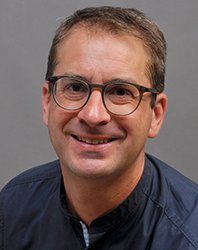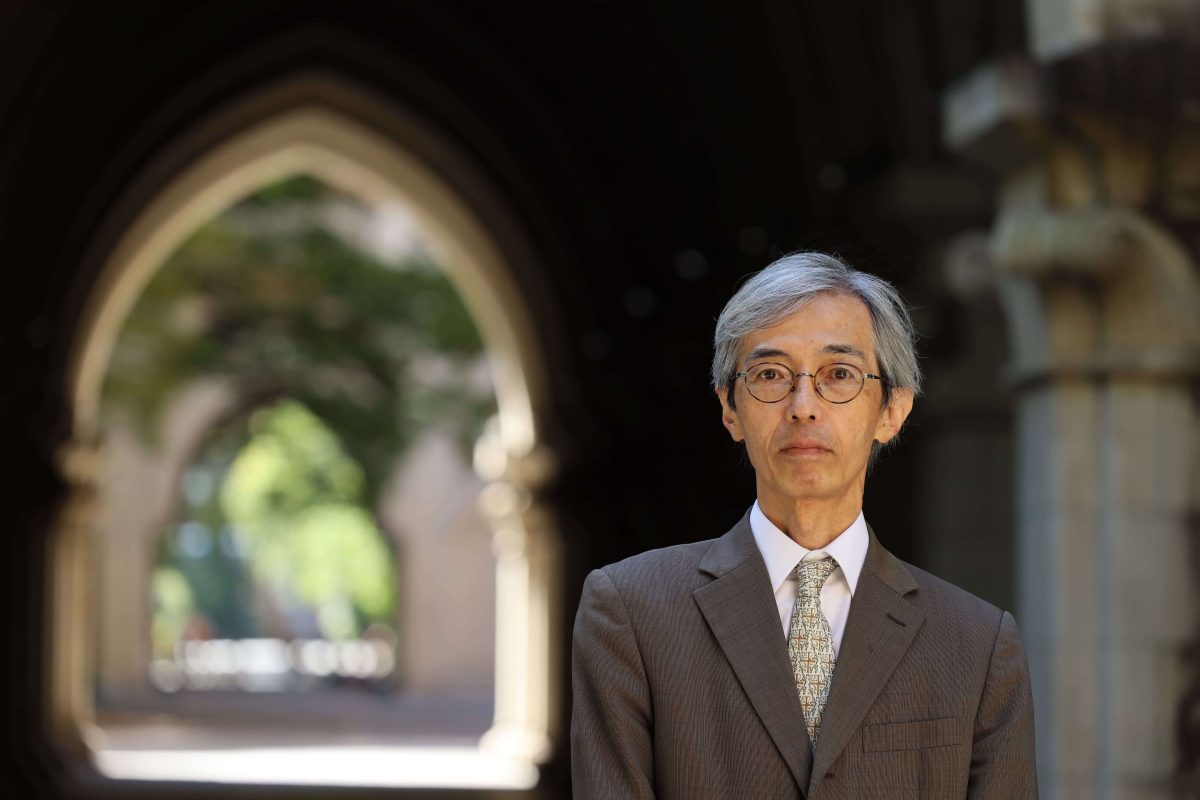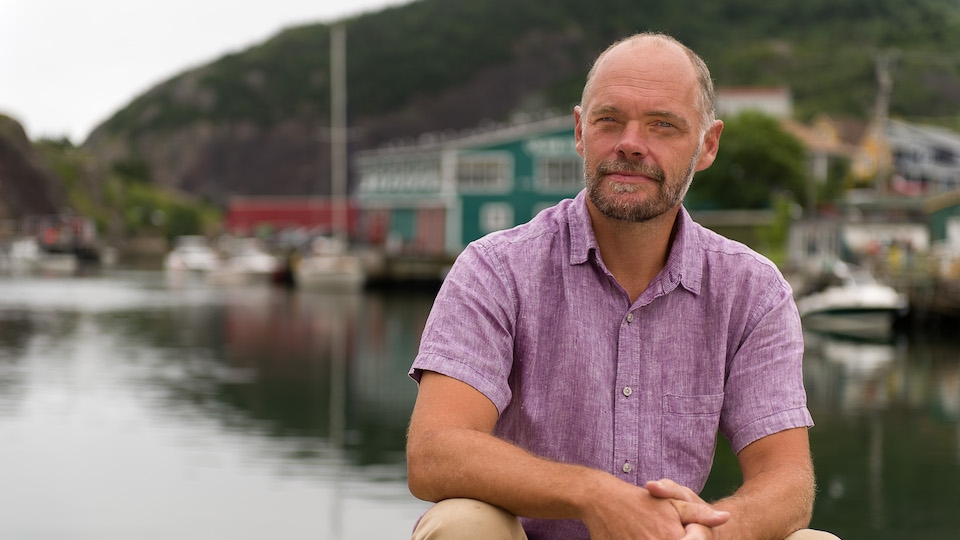Joachim Rathmann teaches and conducts research on human-environment relations at Julius-Maximilians-Universität of Würzburg, where he works at the chair of Geography and Regional Science in the Institute of Geography and Geology. He is an adjunct professor at the School of Science and the Environment at Memorial University in Newfoundland. His research includes the study of cultural ecosystem services, human-environment relations, philosophy of nature and landscape theory (landscape aesthetics, therapeutic landscapes, environmental-economic landscape assessment.
Category: Contributor
Tanehisa Otabe
Tanehisa Otabe is professor of aesthetics at the University of Tokyo. His areas of interest cover eighteenth century German aesthetics as well as intercultural aesthetics. His publications in German include: Ästhetische Subjektivität. Romantik und Moderne (Würzburg 2005) and Kulturelle Identität und Selbstbild. Aufklärung und Moderne in Japan und Deutschland (Berlin 2011). He edited the special issue “The Unconscious” of The Journal of Aesthetics and Phenomenology, vol. 6, issue 2 (2019).
Humboldt Research Fellow (1999–2000, 2005), Philipp Franz von Siebold Award (2007), a board member of the International Schelling-Society (2010– ), President of the Japanese Society for Aesthetics (2013–16), President of the Japanese Schelling-Society (2016–20), Assistant Secretary General of the International Association for Aesthetics (2016–2019) and Member of the Japan Academy (2022– ).
Jason Wirth
Dr. Jason M. Wirth is professor and chair of philosophy at Seattle University and works and teaches in the areas of Continental Philosophy, Buddhist Philosophy, Aesthetics (especially film, painting, poetry, and the novel), and Environmental Philosophy. His recent books include Nietzsche and Other Buddhas: Philosophy after Comparative Philosophy (Indiana 2019), Mountains, Rivers, and the Great Earth: Reading Gary Snyder and Dōgen in an Age of Ecological Crisis (SUNY 2017), a monograph on Milan Kundera (Commiserating with Devastated Things, Fordham 2015), Schelling’s Practice of the Wild (SUNY 2015), and the co-edited volume (with Bret Davis and Brian Schroeder), Japanese and Continental Philosophy: Conversations with the Kyoto School (Indiana 2011). He is the associate editor and book review editor of the journal, Comparative and Continental Philosophy. He is currently completing a manuscript on the cinema of Terrence Malick as well as a work of ecological philosophy called Turtle Island Anarchy.
Sean McGrath
Sean McGrath lives in St. John’s, Newfoundland, with his wife and son, where he is a Full Professor of Philosophy at Memorial University and a member of the College of the Royal Society of Canada. A self-described environmentalist, although with a more conservative than leftist leaning, McGrath and his family spend their summers in an off-grid cabin they built on a hill overlooking Conception Bay North. He is also the founder of a Non-Profit Organization in Newfoundland called For a New Earth , which galvanizes local political will around ecological issues in the province.
He is the author of many books, including The Early Heidegger and Medieval Philosophy, Heidegger: A (Very) Critical Introduction, The Dark Ground of Spirit: Schelling and the Unconscious (Routledge), and the recently published Thinking Nature: An Essay in Negative Ecology. McGrath also serves as the co-chair of the North American Schelling Society (which he founded with Jason Wirth in 2011) and the editor of two academic journals: Kabiri: The Official Journal of the North American Schelling Society, and Analecta Hermeneutica: The Official Journal of the International Institute for Hermeneutics.



